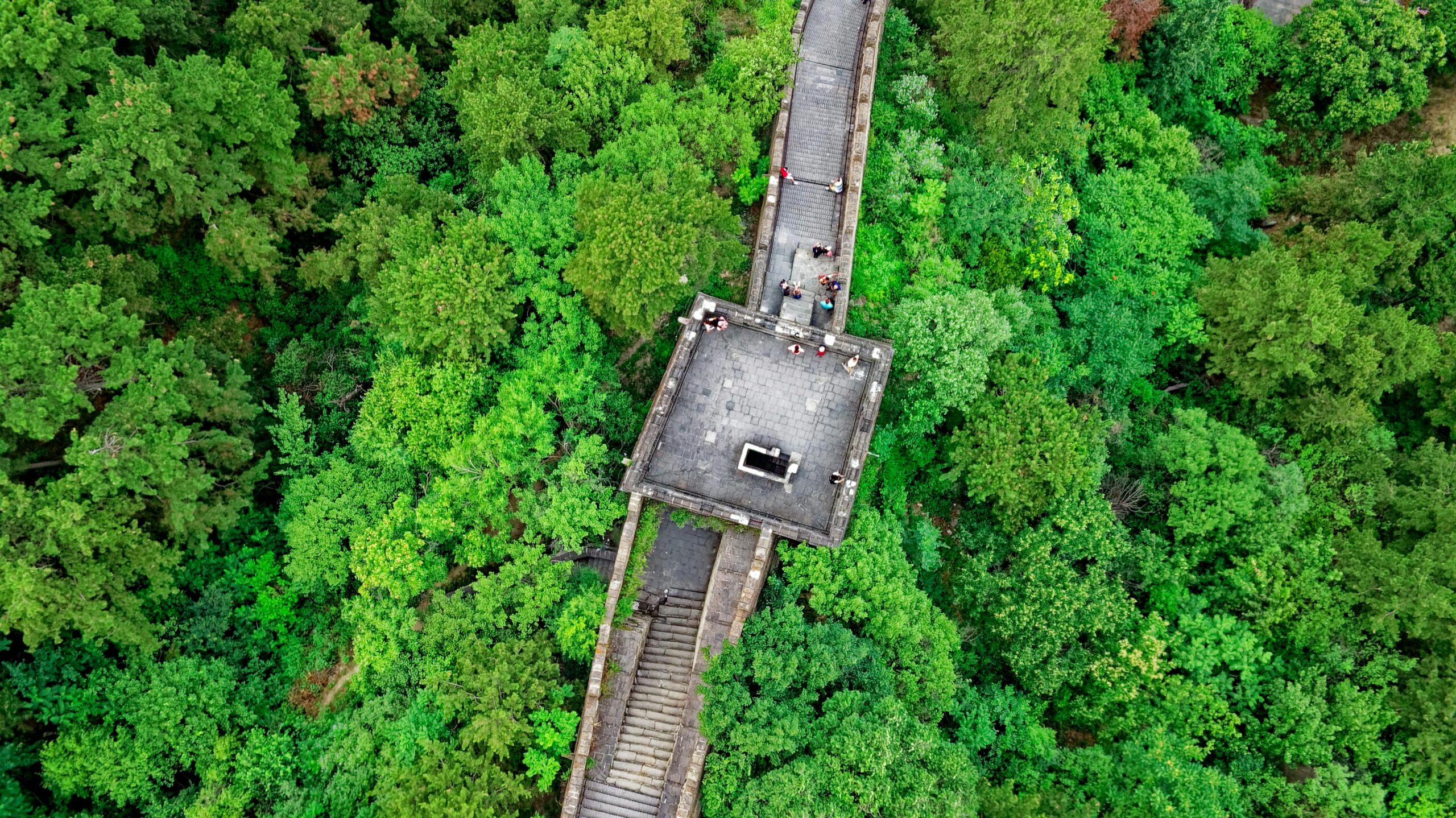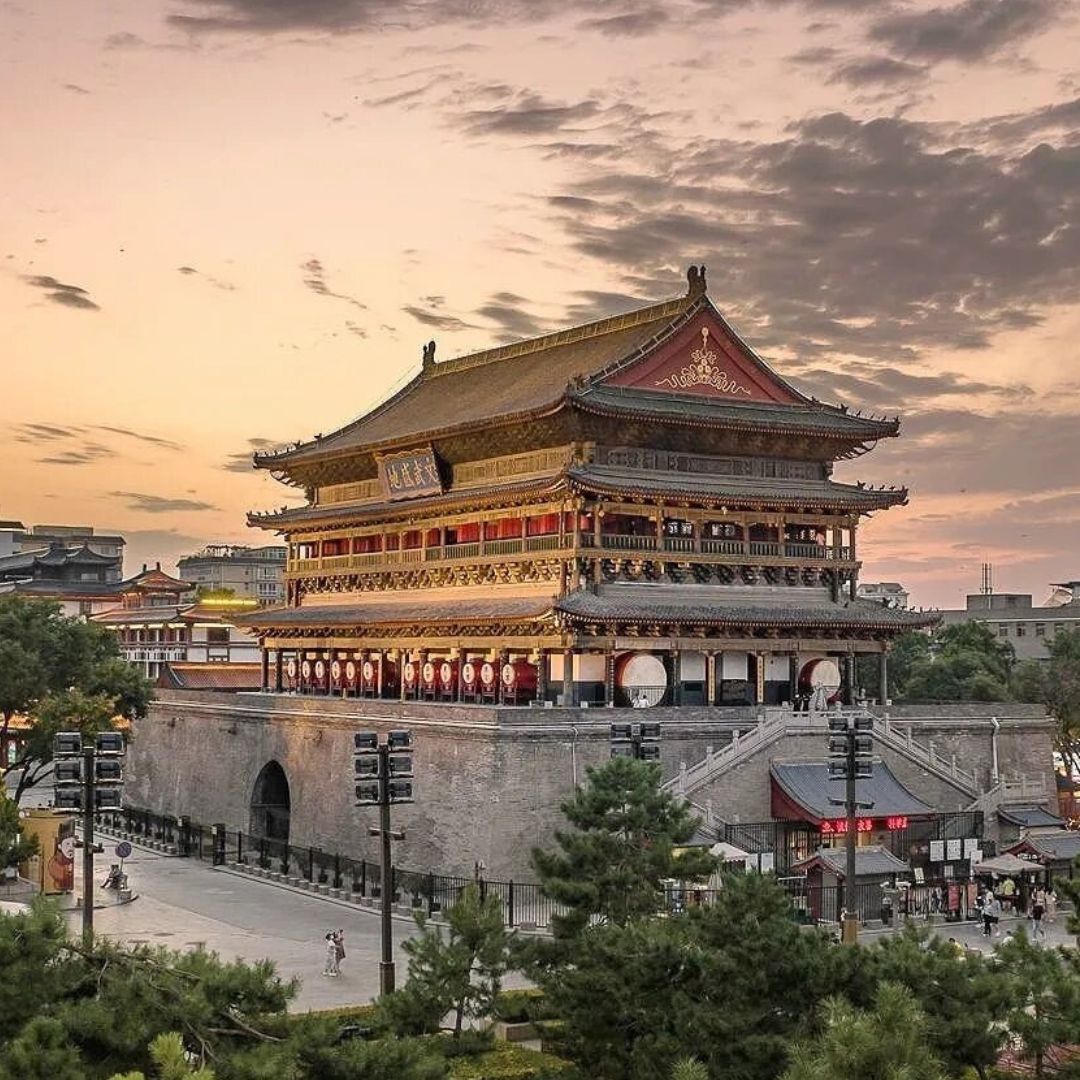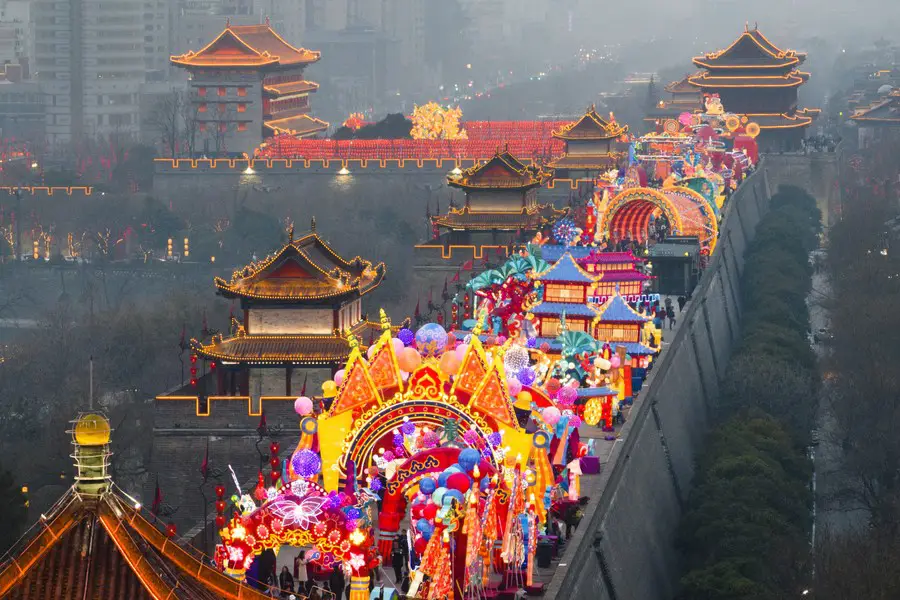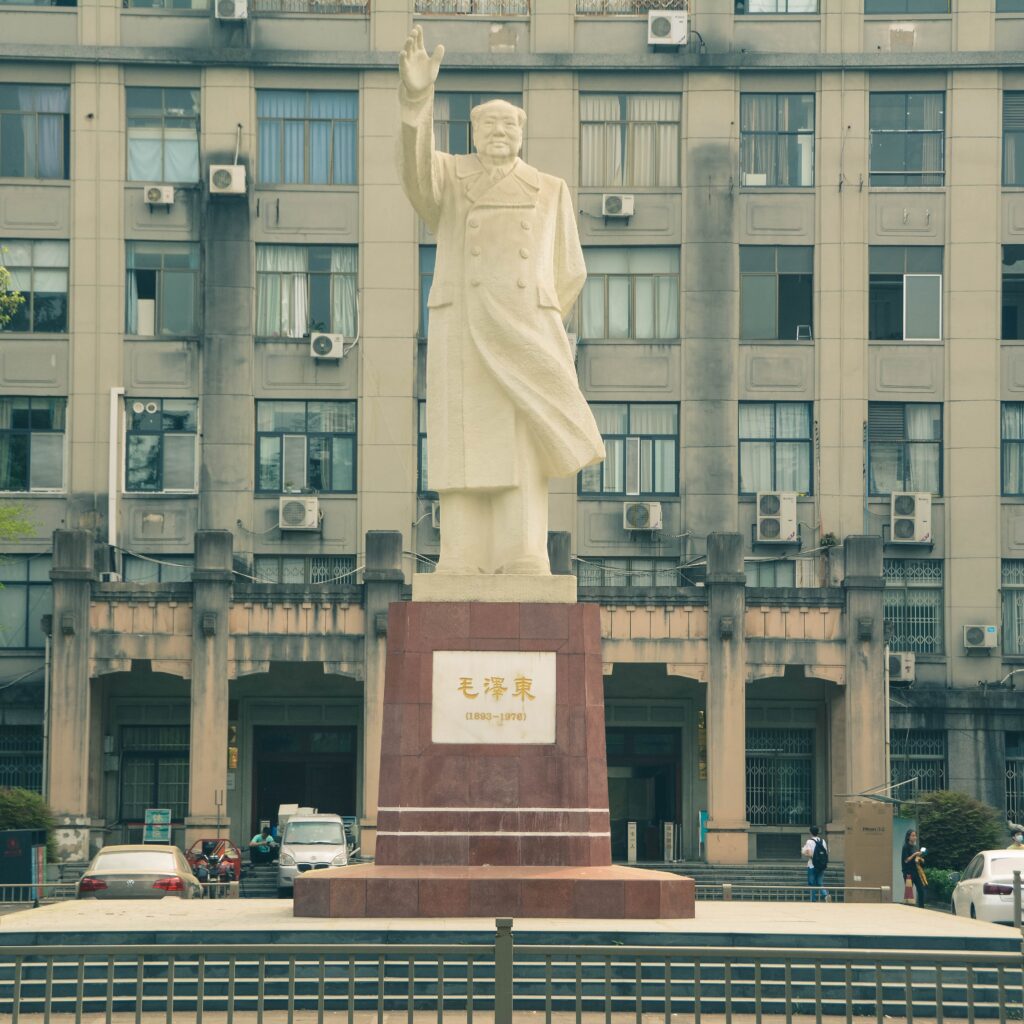Introduction
If you’ve ever wondered how ancient societies engineered wonders that endure millennia, you’re in for a treat. The Great Wall of China stands as one of humanity’s most incredible achievements, spanning over 21,196 km, built over 2,300 years, and symbolizing resilience, unity, and engineering excellence.
- How and why it was built
- Advanced engineering techniques
- Tactical battlefield strategies
- Human costs and legacy
- Visitor experiences at iconic sections
- Ongoing preservation and technological innovations
Let’s journey through ten detailed sections, each filled with bullet lists, examples, internal links, and external references to enlighten and engage both curious readers and SEO fans alike.
1. Why Build the Great Wall? From Fragmented States to Unified Defense
A. Seven States, One Threat
- Before 221 BCE, China comprised seven rival kingdoms, constantly at odds.
- Outside lay nomadic tribes on vast grasslands, armed with horses and aggression.
- These tribes launched annual raids, stealing livestock, food stores, and villagers.
B. A Fragmented Advantage
China’s division offered the tribes a vulnerable pattern:
- They targeted one kingdom at a time.
- The remaining states refused to help the attacked one.
- Without unity, cities were repeatedly devastated.
C. Qin Shi Huang’s Vision
- In 210 BCE, Emperor Qin Shi Huang initiated construction to merge regional defenses.
- It wasn’t merely military defense—it was a psychological barrier asserting national unity.
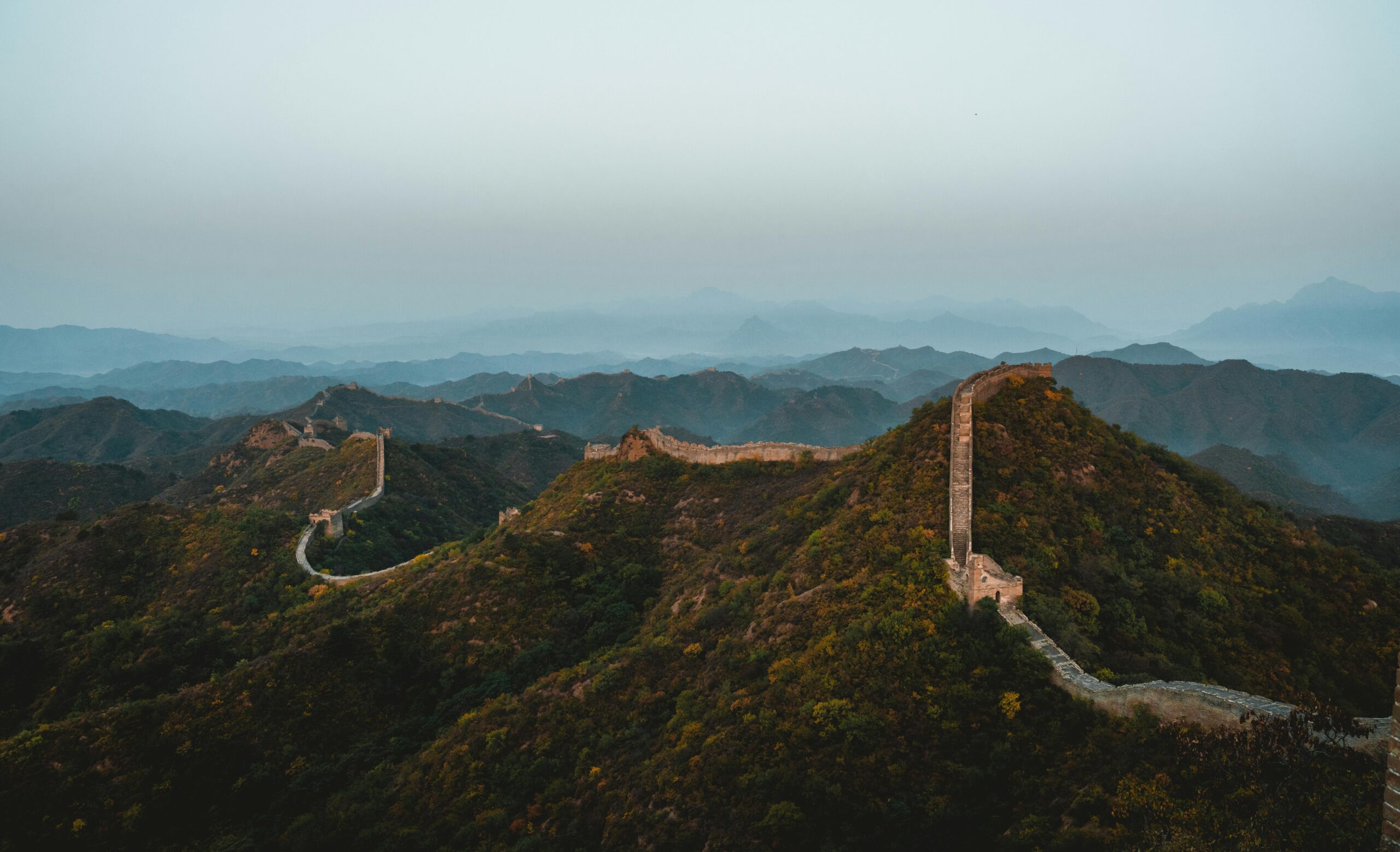
2. Building Across Eras: 2,300 Years of Continuous Work
- 221 BCE–1644 CE: The wall grew incrementally across four major dynasties—Qin, Han, Sui, and especially Ming.
- 8,851 km remain today, with many more ruined or vanished.
- Symbolizes a civilization’s long-term vision, independent of any single ruler.
Key Eras:
| Era | Timeframe | Highlights |
|---|---|---|
| Qin | 221 BCE | Extended to protect Silk Road, Earth & Stone core |
| Han & Sui | 1st–7th c. AD | Extended to protect Silk Road, Earth & stone core |
| Ming | 14th–17th c. | Brick & stone upgrade; watchtowers, steep inclines |
3. Engineering Mastery: Bricks, Stones, & Sticky Rice Mortar
A. From Simple to Sophisticated
- Early walls: rammed earth, wooden stakes.
- Ming era: bricks, stone, lime, tiles
- A blend of rice and lime created a stronger, water-resistant mortar.
- Debunks the myth of human bones in construction.
C. Structural Innovations
Built along treacherous terrain to leverage natural barriers.
- Height / Width: Avg. 7.8 m high, 13–16 ft wide.
- Traction gaps: Assist horses and people in climbing.
- Drainage systems: Prevent deterioration.
- Solid stone foundation: Bricks atop massive blocks.
4. Watchtowers & Beacon Networks: Prehistoric Communications
A. Design and Placement
- ~25,000 watchtowers built—brick hollow structures housing soldiers, arms, supplies.
- Positioned ~500 m apart, visible from both sides.
B. Signal Efficiency
- Smoke by day, fire by night—information spread fast across sections.
- Each tower passed the warning onward until front-line troops assembled.
C. Active Defense Features
- Arrow slits, boiling oil holes, stone barricades, trenches.
- Fortifications forced attackers into narrow killing zones.
5. Human Costs & Emotional Toll
- Over 500,000 laborers died—including slaves and peasants, whose bones are likely in foundations.
- Known as “the wall of blood and sweat,” each stone is a silent memorial.
- A haunting reminder: great feats often demand tragic sacrifices.

6. Must-Visit Sections: Badaling, Mutianyu, Simatai, & Jinshanling
A. Badaling: The Iconic Gateway
- Closest to Beijing (~60–80 km NW) and most restored
- Built in 1504 (Ming Dynasty) to defend Juyongguan Pass
- First tourist site in 1957; sees up to 65,000 daily visitors in peak season.
- Modern upgrades: cable cars, chair lifts, shuttle buses, shops, restaurants, museums.
A modern travel experience:
- Bus 877/919 from Beijing; expressway built in 2001.
- First shuttle takes visitors to base compound; second, higher, cable car lifts to the wall.
Visitor highlights:
- Panoramic views from Beibalou (1,015 m).
- Scenic beauty: brown wall winding like a snake over green hills.
- Lighting shows, festivals, and concerts are held onsite.
B. Mutianyu: Scenic & Less Crowded
- ~70 km NE of Beijing; built 6th c. but rebuilt mid-1400s.
- Granite wall, 22 watchtowers over a 2.25 km stretch; thick top (~4–5 m).
- Features chairlifts, gondolas, toboggan slide ﹣ ideal for families.
C. Simatai & Jinshanling: For Explorers
- Simatai: 35 towers, 5.4 km, steep and rugged; known as the “vertigo-inducing wall” ﹣ gondolas available.
- Jinshanling: 10.5 km with 67 towers; half restored, half wild; dramatic vistas ﹣ less crowded.
7. Modern Conservation: Tech & Community at Work
A. Preservation Realities
- Only ~8% well-preserved; 27% fair; 65% damaged or vanished.
- 22% of the Ming wall gone; 1,961 km lost; Gansu region severely eroded.
B. Cutting-Edge Tools
- Drones, satellite imaging, 3D scanning, digital modeling ﹣ track cracks, erosion.
- Real-time “e‑Patrol” and VR platforms prevent issues before they worsen.
C. Last-Mile Conservation
- Restoration using original techniques and granite; $10 million/year.
- Over 110 projects completed; training bases set up.
D. Community & Eco-Tourism
- Volunteers remove debris; locals act as “Wall Guardians.
- Villages like Shixia have benefited from homestays, coffee shops, and festivals.
- Regulations and fines (~¥5,000) discourage vandalism and uncontrolled visitation.
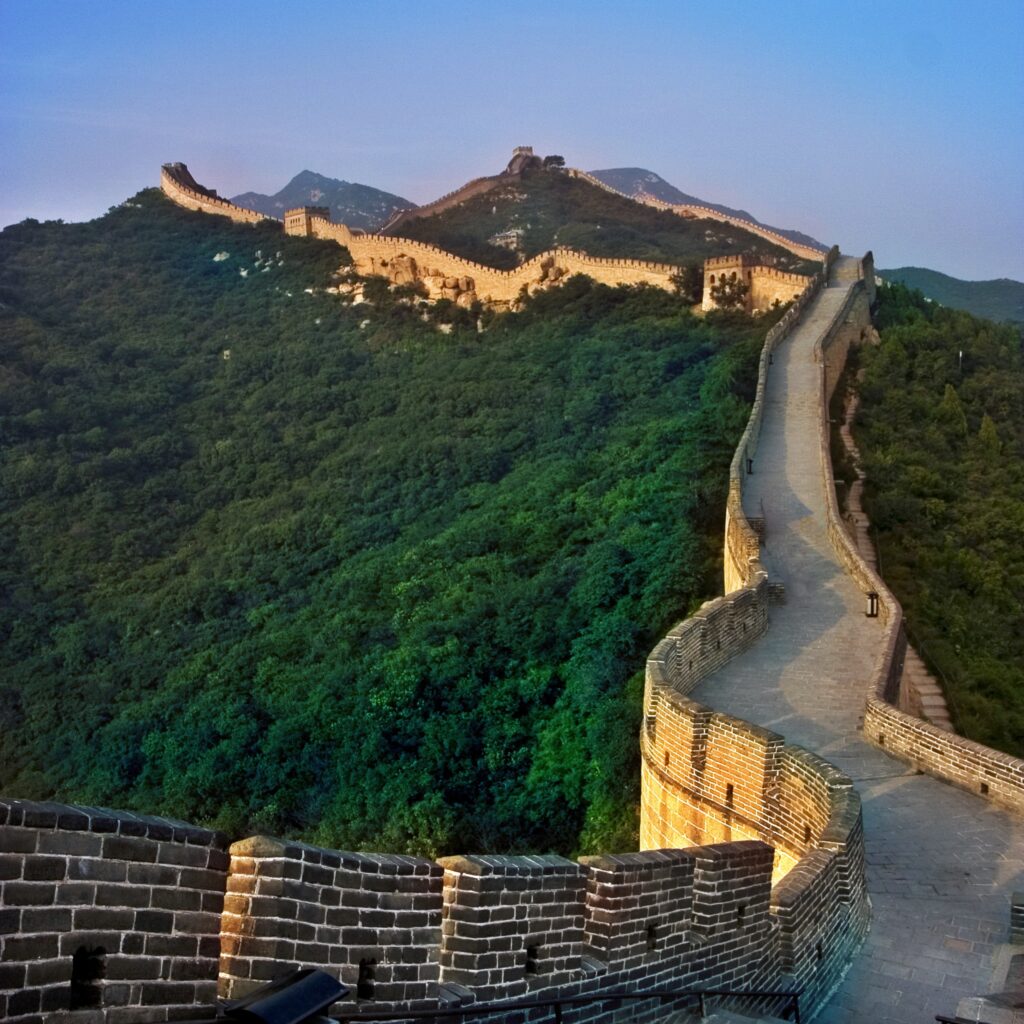
8. Cultural & Economic Impact: Beyond a Barrier
A. UNESCO Recognition
- Listed since 1987. A masterpiece of military architecture; a physical testament to cultural and strategic evolution.
B. Tourism-Driven Sustainability
- Generates ~$3.6 billion/year; Badaling alone generates ~$100 million.
- Balanced efforts ensure tourist income supports, not harms, conservation.
C. Global Inspiration
- Served as a metaphor for boundary, endurance.
- Some European explorers (e.g., Macartney) praised its design.
- The modern audience is still inspired by its grandeur and symbolism.
9. Ten Takeaway Lessons for Tomorrow
- Vision Trumps Lifetime: Projects spanning centuries require consistent national will.
- Multi-Discipline Engineering: Integrated use of terrain, material science, and hydrology.
- Adaptability: Design suited to local threats, environment.
- Strategic Depth: Layered defense with redundancy (towers, trenches, communication).
- Human Cost Matters: Great achievements often have painful histories.
- Tech + Tradition: Modern tech aids restoration, but traditional methods matter.
- Tourism with Integrity: Revenue should fund protection, not destroy authenticity.
- Community Engagement: Locals are custodians and beneficiaries.
- Cultural Symbolism: Walls become emblems beyond their practical purpose.
- Legacy in Continuity: Preservation is marching into the future—digitally, ecologically, socially.
10. Planning a Visit? Here’s Your Checklist
- Choose your section: Badaling (easy access), Mutianyu (family‑friendly), Simatai/Jinshanling (adventurous).
- Best seasons: Spring/autumn for mild weather; avoid national holidays at Badaling.
- Travel tips:
- Arrive early (9 AM) to beat crowds.
- Wear sturdy shoes, sunhat & water.
- Must-do: Cable car or gondola to minimize strain and focus on views.
- Respect the site: Stay on paths, no graffiti.
- Cultural add-ons:
- Visit the Great Wall Museum (Badaling).
- Explore nearby homestays and cultural villages.
Internal & External Links
Internal Resources
- [The Engineering Secrets of Ancient Wonders]
- [Exploring China’s Sculpted Mountains and Walls]
External, Trustworthy Sources
- UNESCO – The Great Wall’s heritage status and universal value
- Travel Chengdu – Tourist stats & visibility myth
- People’s Daily / Qiushi Journal – Conservation strategy updates.
- Wikipedia – Technical details and regional highlights
FAQ
1. How long is the Great Wall?
≈21,196 km, stretching east to west—nearly across half the Earth’s diameter.
2. Is it visible from space?
No clear visibility from the moon, but some sections are seen in low Earth orbit on clear days.
3. What’s its real height and width?
Average height: ~7.8 m (25 ft); width: 4–5 m (13–16 ft)—wide enough for 5 mounted riders.
4. Which section is easiest to visit?
Badaling—best infrastructure, cable cars, shuttles, and proximity to Beijing.
5. How is it protected today?
A mix of drone monitoring, digital mapping, physical restoration, legal regulation, and volunteer engagement.
6. Can I hike overnight on the wall?
Yes—sections like Gubeikou allow camping; Simatai offers night tours. Always check local rules.
Conclusion & Call to Action
The Great Wall of China isn’t just a stone fortress—it’s a testament to centuries of ingenuity, sacrifice, and foresight. From its snake-like ridges above verdant hills to its spirit embedded in community culture, it continues to teach us about unity, innovation, and resilience. Whether you’re planning a visit, studying ancient architecture, or drawing inspiration for your long-term project, the wall’s story empowers us all.
Next Steps:
- Share your travel plans in comments or request a custom visitor’s guide.
- Subscribe for deeper dives into ancient engineering feats (e.g., Roman aqueducts, Incan roads).
- If you loved this post, share it with your network—let’s preserve and celebrate our shared heritage!

